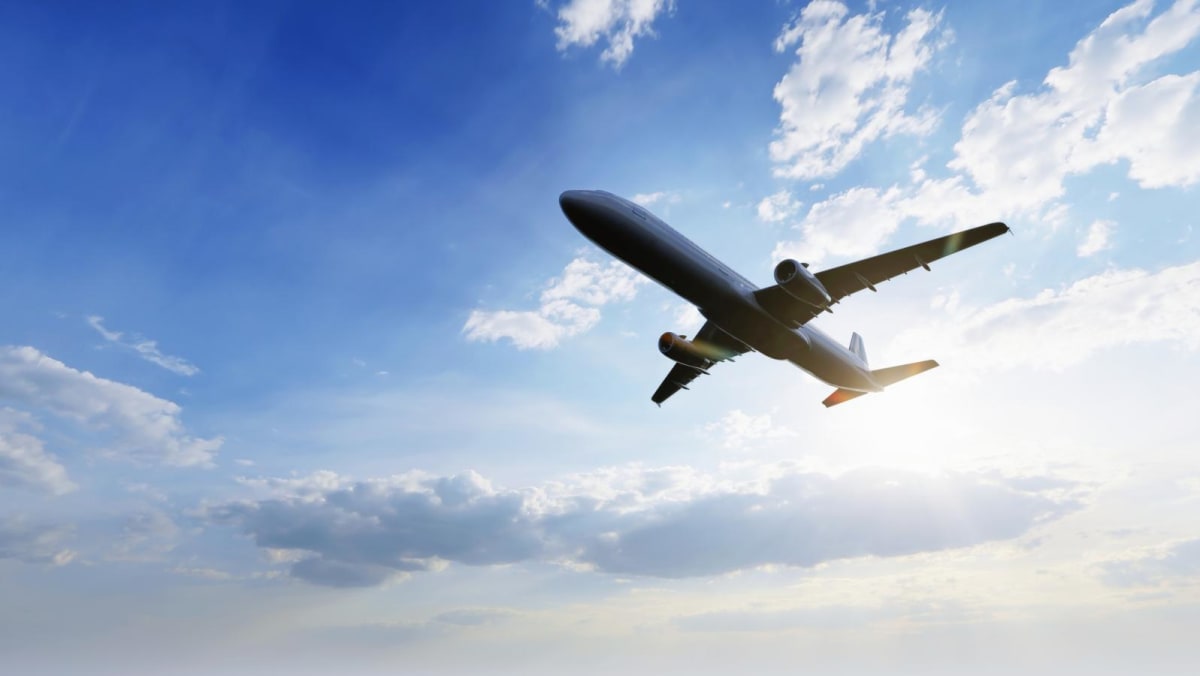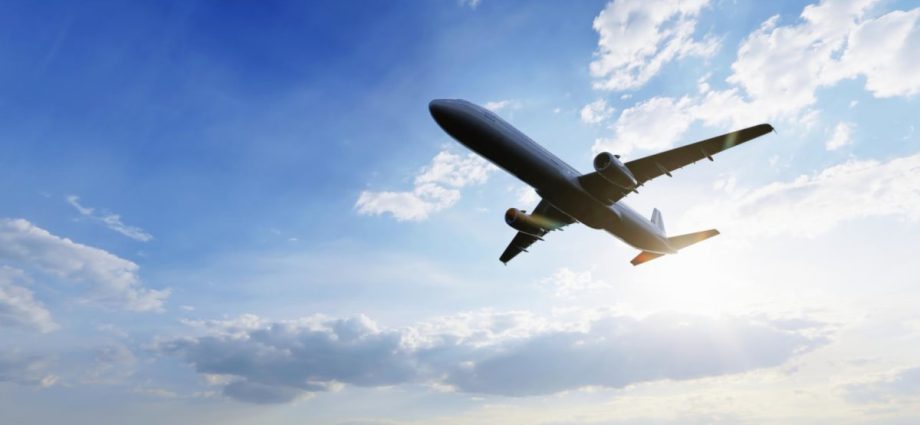
FINDING FUNERAL HOMES
While a list of Taiwan funeral homes was helpful, Mr Ng also had to look for one in Singapore – that would be familiar with repatriating a body from Taiwan.
He planned to call each Taiwan funeral home on the list to ask when they last handled a similar case where they had to liaise with a Singapore counterpart. He would then request the latter’s contact, he reasoned.
The only hurdle? Mr Ng needed a Taiwanese phone number. The alternative was to pay for roaming on his Singapore number.
But a SIM card could only be purchased from a Taiwan telco store with certain identifying documents like a passport, he explained, and the family was “racing against time” to call the funeral homes as it was already the end of the day.
“Waiting for the next day to apply for a SIM card could have significant knock-on effects and potentially delay the entire repatriation process,” he said.
“A lot of these details, it won’t hit you until it hits you. We even tried checking with our hotel whether we could use their phone. They said no, but said what we can do is buy a calling card (to use on) those public phones outside convenience stores.”
In the end, a Taiwanese friend of the family stepped in to help.
Mr Ng eventually found a funeral home in Taiwan that had worked with a Singapore counterpart, and appointed them both.
“(Both the funeral homes) communicated between themselves … but the Singapore funeral director was nice enough to keep me up to date with updates from the Taiwanese side. Fortunately for us, that arrangement worked out. It would’ve been different if I didn’t feel comfortable with (letting) the Singapore side (handle matters for us),” he said.
While families, as next-of-kin, are usually required to identify the deceased and sign off on official documents such as death certificates, funeral homes can assist in processes overseas as “every country may have different practices”, said executive director for the Association of Funeral Directors (Singapore) Hoo Hung Chye.
They also work closely with the family, paying attention to specifics like religious rites and cause of death, to “best present the deceased in a dignified manner, according to (their) wishes”, Mr Hoo told CNA.
“Families have to decide and give instructions on the final dispositions – whether it is to cremate or conduct a burial at the foreign country, to cremate and repatriate the ashes, or to repatriate the whole body.
“Funeral homes would give their best advice and options available. Depending on how remote or accessible (the location of the death), all the various modes of transport are considered.”
FLYING HOME
To bring the body back to Singapore, families must first have a coffin (import) permit, which can be applied for through the National Environment Agency’s online portal. This procedure can be handled by the appointed funeral director in Singapore.
“The process of repatriating a body back to Singapore is like exporting and importing something into Singapore, just that now the thing is not goods or livestock. It is a dead body,” said Mr Ng.
His father-in-law’s body was flown back to Singapore in the cargo hold of a commercial flight. The air ticket was secured by the Taiwan funeral home, he told CNA.
The home also had to certify that the body had been embalmed and received the necessary quarantine and infection checks before leaving Taiwan. If, for instance, the deceased had an infectious disease, the cadaver would have to be cremated.
Once the body landed in Singapore, the local funeral home Mr Ng appointed took over.
His family had initially asked if they could fly home on the same flight.
“We worried that his soul would still be stranded in Taiwan. So we wondered if someone could accompany him. But we couldn’t, because he’s in the cargo space,” said Mr Ng.
“Even if (a) person flies back with him, they would be in the usual passenger cabin.”

